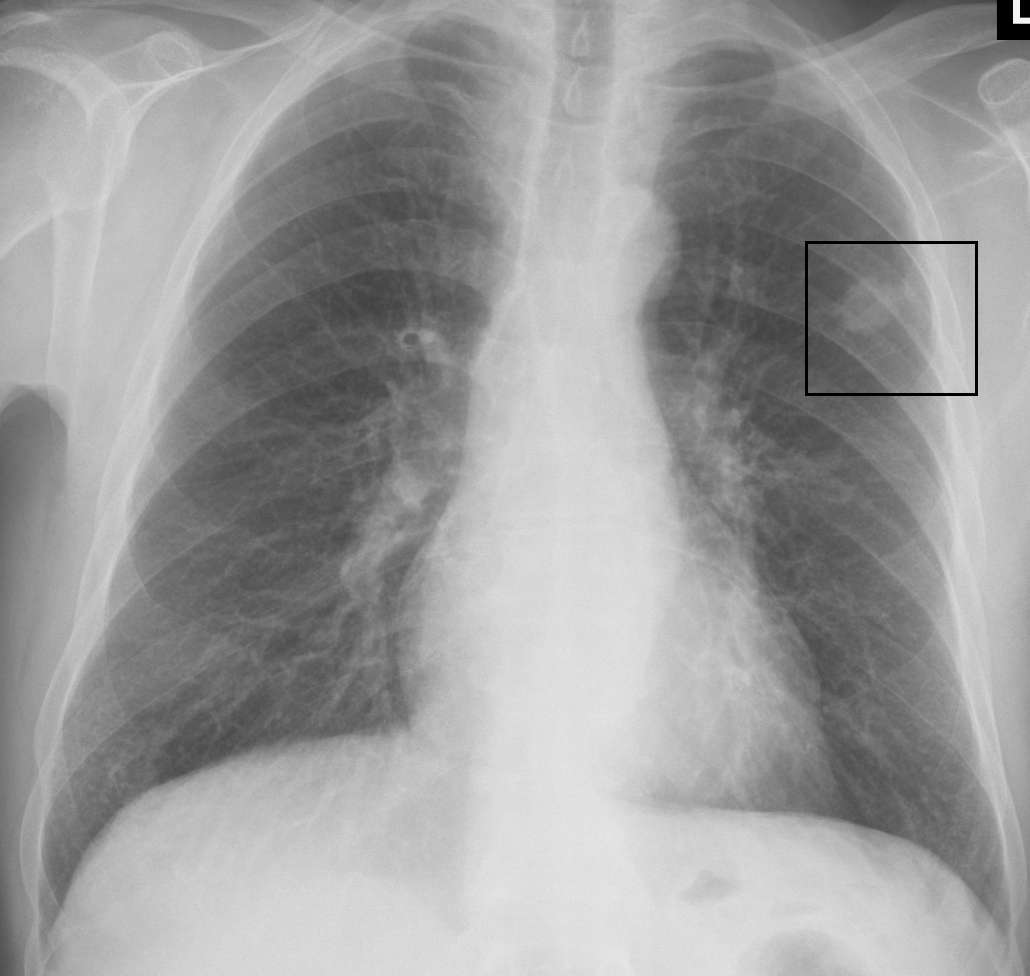New research links allergic rhinitis to a 26% lower risk of lung cancer, offering potential insights for prevention strategies.
New Findings from Global Research
A recent meta-analysis published in Frontiers in Medicine has revealed a significant inverse relationship between certain allergic conditions and lung cancer risk. The study analyzed data from over 3.8 million participants across 10 studies, suggesting that individuals with allergic diseases, particularly allergic rhinitis, may have a reduced likelihood of developing lung cancer.
Key Results Highlight Protective Effect
The comprehensive analysis found that individuals with any allergic condition had a 25% lower chance of developing lung cancer compared to those without allergies. Specifically, allergic rhinitis was associated with a 26% reduction in lung cancer risk. Gender-specific findings indicated that men with allergic diseases had a 44% reduced risk, while women had a 29% reduction.
Potential Mechanisms Explored
Researchers hypothesize that the heightened immune surveillance in individuals with allergies may play a role in identifying and eliminating early cancerous cells in the lungs. This enhanced immune response could be a contributing factor to the decreased cancer risk observed in allergic individuals.
Study Parameters and Considerations
The meta-analysis included studies from various regions, with a significant number conducted in the Americas. Diagnoses of allergic conditions were primarily based on self-reported data or serum IgE measurements, while lung cancer diagnoses relied on pathological histology or ICD codes. The researchers acknowledged limitations such as potential recall bias and the need for more diverse population studies to generalize the findings.
Implications for Public Health
These findings open new avenues for understanding lung cancer prevention. While the study does not suggest that allergies are a protective measure against cancer, it highlights the importance of the immune system’s role in cancer development. Further research is necessary to explore the underlying mechanisms and to assess how these insights can inform public health strategies.


























